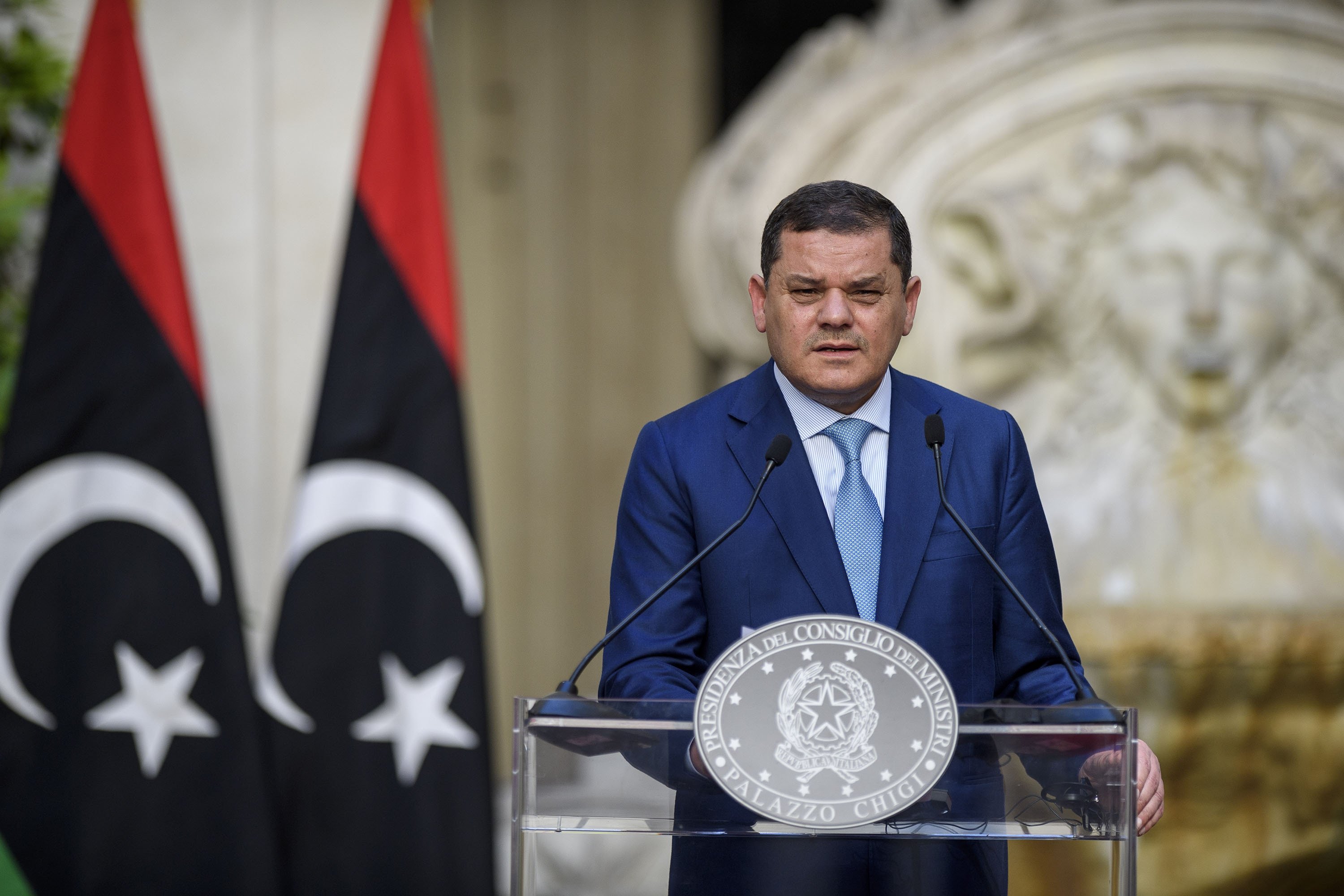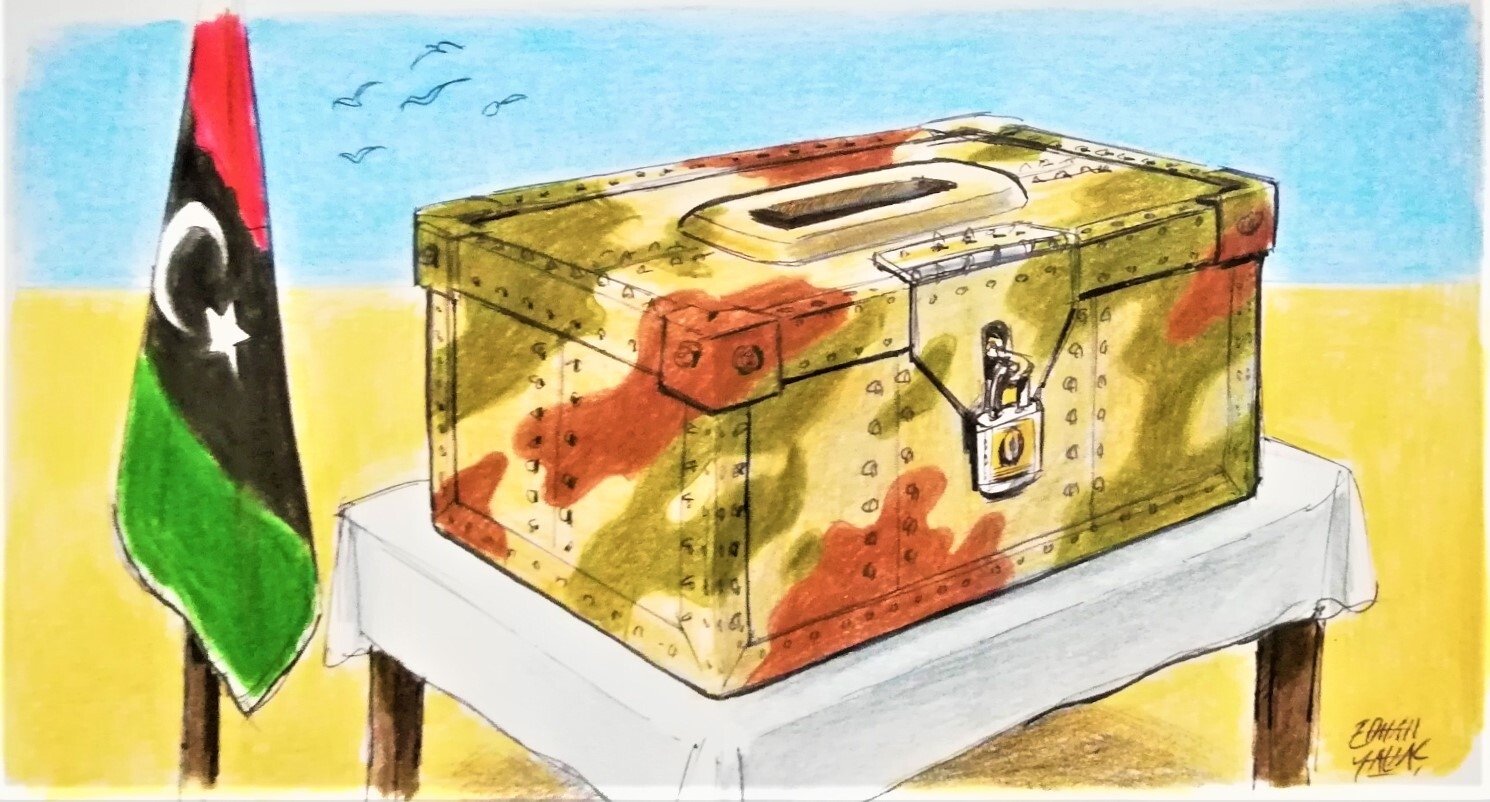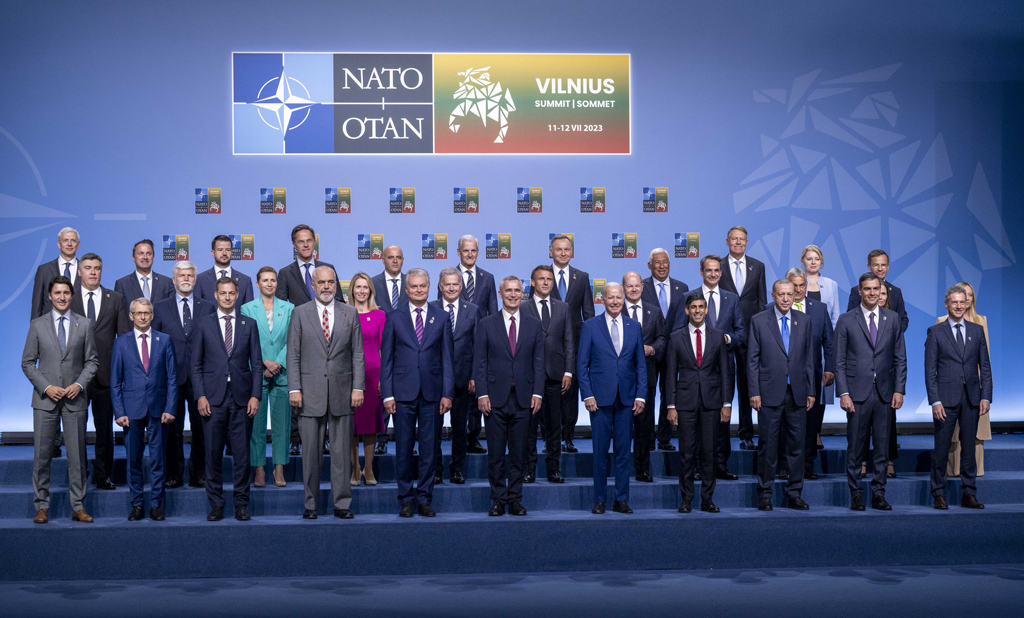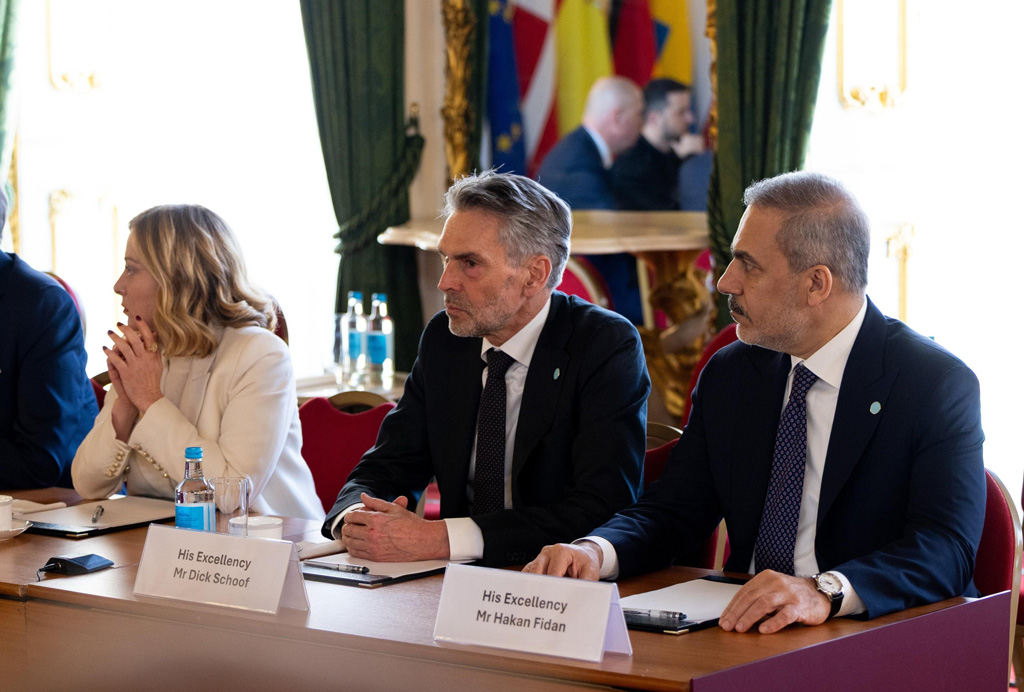Opponents of elections
The opponents of the elections and a democratic political transition in the country, on the other hand, have become more vocal about their criticisms of the Government of National Unity (GNU). So far, Prime Minister Abdul Hamid Mohammed Dbeibah and his cabinet have tried to strengthen political contacts with Libyan political actors and succeeded in distributive efforts. There are significant gaps in service provision due to the country’s infrastructural problems in almost all sectors. Libya was particularly vulnerable to COVID-19 due to the considerable challenges in the country’s health infrastructure. This was one of the GNU's main challenges in recent weeks. Opposition to the GNU is also against the election process in the country. Dbeibah demonstrates his political skills and maneuvers to convince both local actors within Libya and international actors that he can lead the country with an inclusive framework.
Plan A or B
Plan A is a long and tiresome process to carry out a democratic political transition with some form of national consensus. It already seems that everyone is invested in Plan B rather than Plan A. Libyan local actors are mature enough to pursue the goal of Plan A. Still, there are already extreme domestic and international spoilers who want to benefit from the persistent fragmentation and chaos in the country. As the elections draw near, all actors are preparing their alternative Plan B scenarios rather than investing further in Plan A. International stakeholders play critical roles in the recent cacophony in Libya. The United Arab Emirates (UAE) and Egypt’s skepticism about the elections and GNU is not secret. While they are trying to increase their influence within the GNU, they also try their best to reduce the significance of the elections in the political transition in the country. One key element that makes the agreement difficult for the opponents of democratic transition in Libya is that they all have different Plan Bs that contradict one another. As we inch closer to the elections, the gaps between the alternative game plans will not narrow. Skeptics of the democratic political order in Libya are preparing to accept and sponsor a technocratic and dysfunctional government in Libya that only performs key security and redistribution functions. However, they also expect the government to stand closer to their preferred policy lines. After the decline of Muslim Brotherhood-affiliated actors in the region, the shared sense of being under threat has waned. It is, therefore, more challenging to bring the actors that previously supported the Haftar project together around a similar plan in the medium term. Very little constructive change is likely to come of the elections unless the significant power holders in the country commit to the LPDF road map. There are already coalitions emerging that defy the polls. The presence of foreign troops, mercenaries and militias is used as a pretext to reduce the credibility of the GNU and the election process. The presence of foreign troops, mercenaries, and foreign militias is a consequence of the recent political confrontation rather than the cause. As long as the local and international stakeholders continue their power play and competition, the foreign mercenaries will strengthen their presence in the country. No matter the outcome of the upcoming elections, there should be a consensus on the validity and legitimacy of the polls. The international actors who supported and sponsored the 2013 coup in Egypt and the recent coup in Tunisia are also committed to spoiling the delicate democratic transition in Libya. The political dialogue and balance of power among the local political stakeholders are already fragile, and external signals further the possibility of deterioration. It should be a fundamental priority for all the actors that want a democratic political system in Libya to narrow down their differences and pay special attention to strengthening the legitimacy of the election process. That is the only way to defeat the competing Plan B scenarios that threaten to lead the country to political uncertainty and chaos.[Daily Sabah, August 13 2021]









